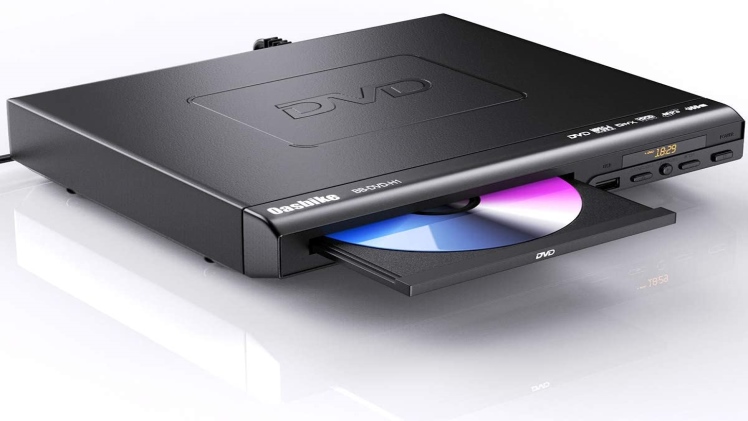VHS tapes, reels, Super 8 film and other outdated video technology, need to be updated. Those older formats are difficult to store, access, and watch because the equipment required to play them is clunky and outdated.
You need to transfer all that film and video to a digital format such as DVD or USB.
As the digital age continues to evolve, it is becoming increasingly important to store videos in a secure and easily accessible manner. Two of the most popular ways to store you memories when you convert old videos to digital are DVD and USB, but which is the best option for you? Let’s dive deeper into each option, so you know which is best for you.
Converting Video to DVD
Converting videos to DVD offers the advantage of being one physical medium, meaning the disk can be easily stored and retrieved without needing an external device, such as a computer. Some might argue that DVDs are more accessible than USBs because of the price of their players — a DVD player can be purchased for much less than a laptop and are easier to use. DVDs are also more durable than USBs and less likely to become damaged or corrupted.
However, one disadvantage of DVDs is that they have limited storage capacity, typically around 4.7 GB. If you have a large number of videos, you may need to split them up into multiple discs, which can be time-consuming.
Converting Video to USB
Converting videos to USB offers the advantage of having much larger storage capacities, ranging from 16 GB to 2 TB. This means you can store many videos on a single USB drive, making it easier to keep them organized.
USBs are also much more convenient than DVDs, as they can be easily connected to any computer or other device with a USB port and retrieved in a matter of seconds. However, USBs can be more prone to becoming damaged or corrupted, so it is essential to make sure that you regularly back up your videos.
How to Choose the Right One for You
When choosing between DVD and USB to convert your videos, it is crucial to consider your individual needs and preferences. The two main factors are which type of player is most accessible to you and the size and quantity of the files you need to be converted.
A DVD may be the better choice if you are looking for a more durable option that is easy to store. However, USB may be the better option if you need a large amount of storage space and convenience.
Ask for Professional Help
If you are unsure which option is best for you or need help converting your videos, you can always seek professional assistance. Many companies specialize in video conversion and storage, and they can help you choose the best option for your needs.
One such company is Capture. Capture’s video conversion services take all the stress out of transferring your videos to either DVD or USB (or both!) and ensure that your videos are of the best quality in the final produce — whichever format you choose. Capture’s professionals can also walk you through both options and advise you on which is best.
Conclusion
In conclusion, both DVD and USB offer advantages and disadvantages when it comes to storing videos. Whether you choose DVD or USB, it is important to regularly back up your videos to ensure they are protected and easily accessible. If you are unsure which option is best for you, seek professional help to make an informed decision.

